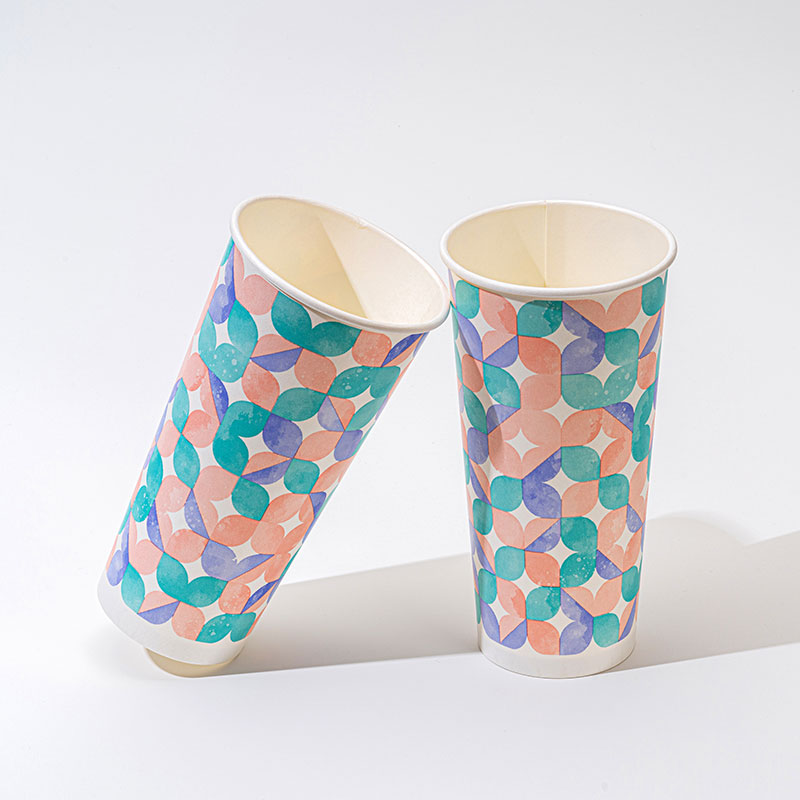Paper Cup and Environmental Protection
2025-06-17
Paper cups, widely used for beverages at cafes, offices, and events, are often perceived as eco-friendly due to their biodegradable base material. However, their actual impact on environmental protection is more complex and requires deeper analysis of their production, usage, and disposal.
Most paper cups are lined with a thin layer of plastic—typically polyethylene—to prevent leakage. While the paper portion is biodegradable, this plastic lining makes recycling difficult, as it requires specialized facilities to separate the layers. Consequently, many paper cups end up in landfills or incinerators, contributing to environmental degradation.

The production of paper cups also involves deforestation, water usage, and energy consumption. Large-scale manufacturing may lead to the depletion of natural resources unless the paper is sourced from sustainably managed forests. Moreover, the carbon footprint associated with manufacturing and transporting disposable cups adds to their environmental cost.
To mitigate these impacts, several strategies can be adopted. Encouraging the use of reusable cups, promoting the development of fully compostable or recyclable cup designs, and supporting proper waste segregation systems are all important. Additionally, consumer education plays a key role in shifting behavior toward more sustainable choices.
In conclusion, while paper cups offer convenience, their environmental implications highlight the need for improved design, better recycling infrastructure, and more responsible consumer habits to truly align them with environmental protection goals.
As a professional manufacturer and supplier, we provide high-quality products. If you are interested in our products or have any questions, please feel free to contact us.


